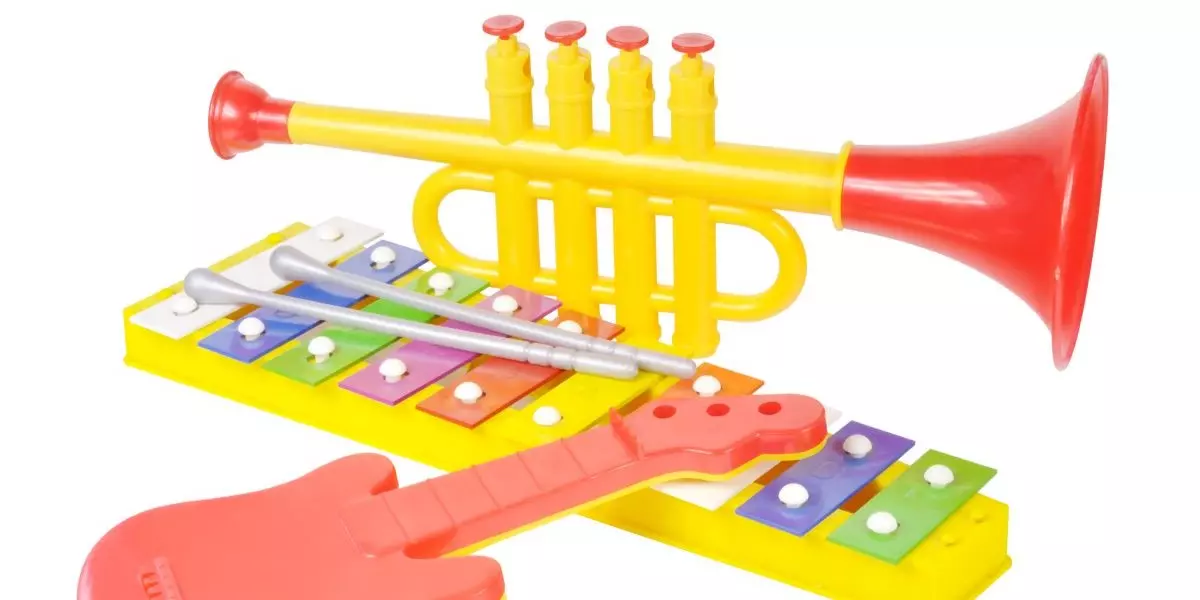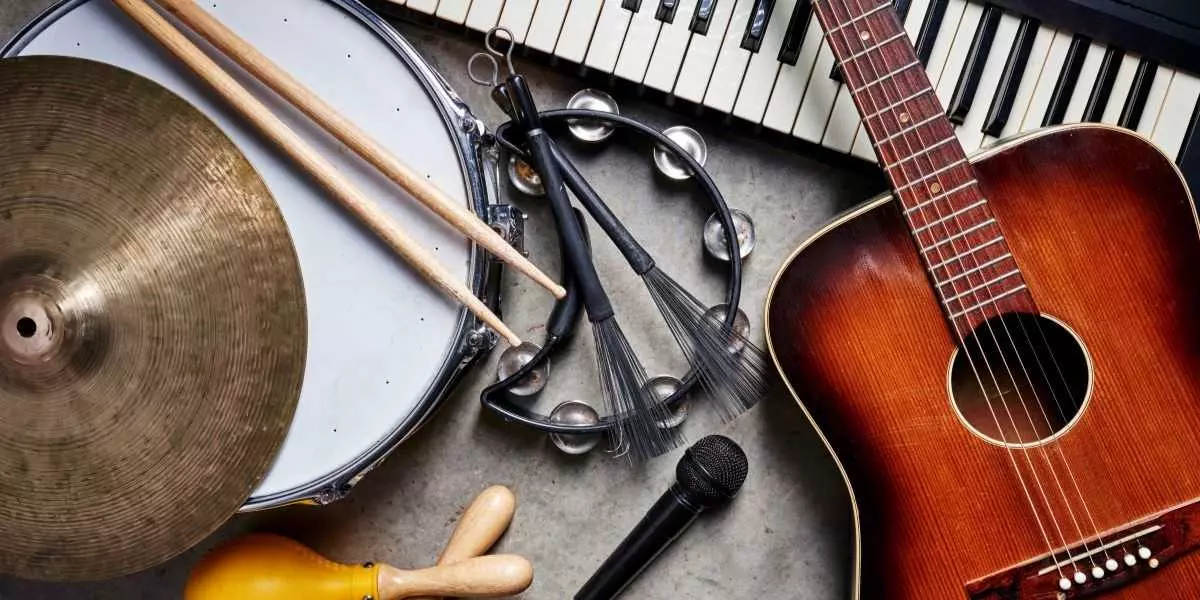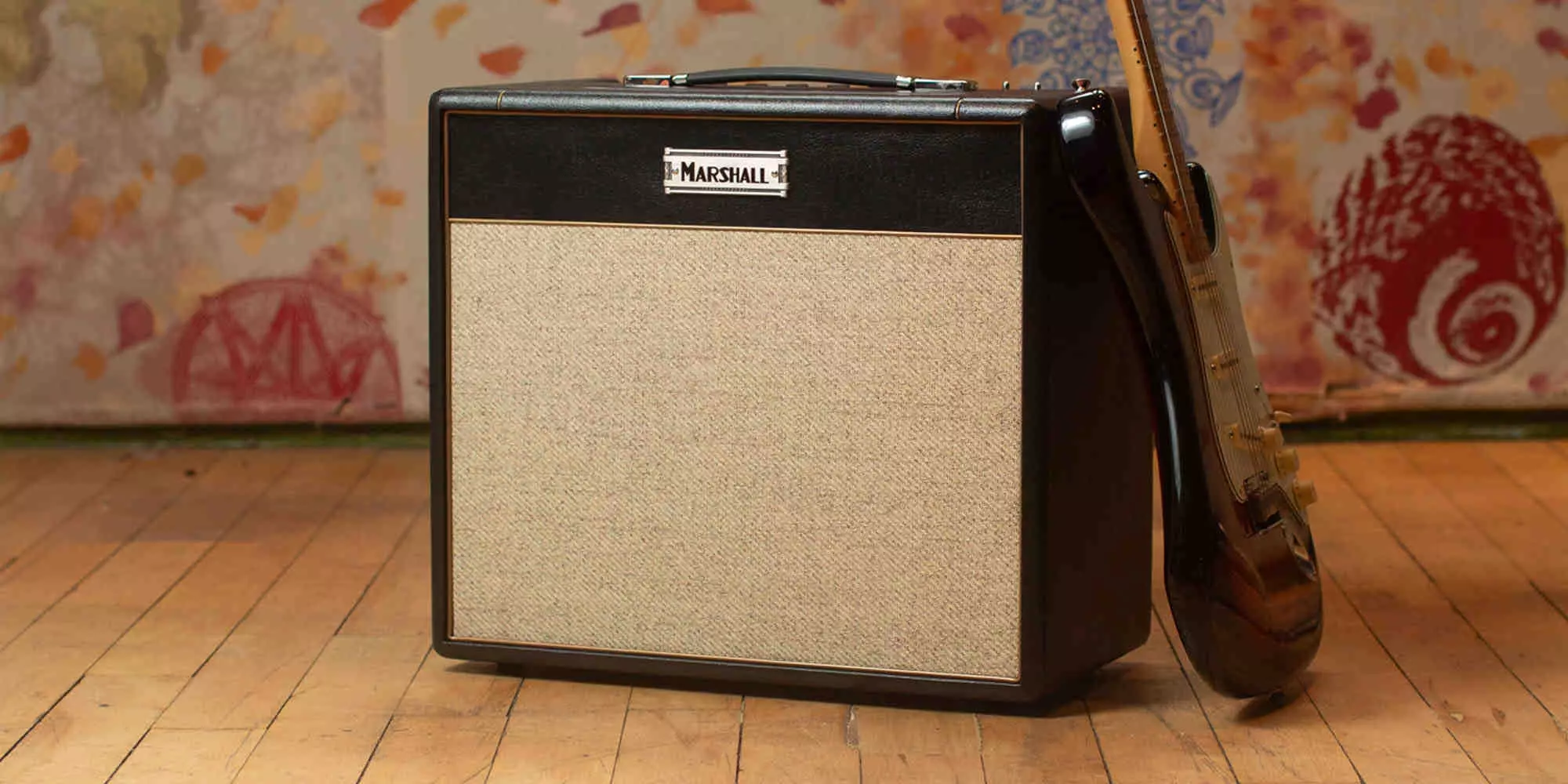How To Run a Band Rehearsal

Every band needs to rehearse. That should go without saying. But some young bands might not fully appreciate what is needed to run a proper band rehearsal. So here are some pointers for getting the most out of your band rehearsals.
Rehearsal is not practice.
Practice is what band members do at home to master their parts. Rehearsal is what you all do together to get the song performances down. Every band member should know the material before coming to rehearsal. Email the song list to members well in advance so that they can practice their parts on their own. Give everyone a CD with the songs on it or use any number of free online file-sharing services. If you’re doing a cover song in a different key than the original, be sure to indicate that. Things tend to go more smoothly when everyone’s been practicing the songs in the proper key!
Have a leader.
Whether there’s a recognized group leader or your band functions as a democracy, have someone lead the rehearsal. Perhaps if there are only three or four of you in the band, you might work well together that way, but many groups are better off with one person directing the proceedings. The most important thing is to keep things moving along productively.
Have role players.
It can also be good to establish roles for your rehearsals. One member can be responsible for organizing and distributing sheet music, tabs or lyrics, another for bringing the snacks, another for monitoring the sound, another for taking notes. Make it a group effort.
Have a structure.
You don’t need to be a Marine drill sergeant about it, but at least decide in advance what the goal of the rehearsal is. Jamming? Working on your entire set? Working on new original material? Incorporating new cover songs? Have a plan and communicate it to everyone.
Arrive on time.
This might seem like common sense, but it’s worth mentioning. When you show up late, you’re wasting your bandmates’ time, and it’s simply disrespectful. If some members need time to set up gear (drum kits can take a while), they should arrive earlier so it doesn’t eat into the rehearsal time.
Commit the time.
Rehearse for a good two to three hours. One hour just isn’t enough time to work through a number of songs, especially when you factor in everyone getting their stuff set up, tuning, a little chit chat, etc. Be sure to include some short breaks in there; maybe a 10-minute breather every hour.
Say no to noodling!
This is a pet peeve of mine. Stop noodling on your instrument when you’re talking about stuff. Bless their hearts and parts, but musicians – especially those who play stringed instruments – seem to have a habit of constantly playing little riffs while discussing things. Maybe it’s just me, but I want to hear what’s being said. How am I supposed to hear the bassist’s great arrangement idea when there’s a guitar riff scratching at my ear?
No Friend Zone.
Don’t invite friends to your rehearsals. A band rehearsal is necessary work, not an excuse for a party.
Turn off your phones!
’Nuff said.
Record your rehearsals.
A recording can serve as a more “honest” or unbiased set of ears. You may notice things that weren’t apparent while you were playing. Or it could simply be used as a handy reference for how a song goes. It doesn’t have to be sonic perfection, but just good enough so that you can review the performances to see what’s working or not working. A digital recorder and just one room microphone is all you need. Some bands use digital cameras, such as GoPros, to record their rehearsals so that they can also work on their stagecraft and presentation.
Work on your beginnings and endings.
These are crucial. Establish how the song starts, who starts it, and how it ends. If everyone in the band thinks they’re the one who’s determining how and when the song ends… well, let’s just say it won’t end well.
Play it again. And again. And again.
This is where the “re-” in rehearse comes in. Make sure you really have it down. One rule of thumb is to move on from a song only after you can play the song through to your satisfaction, error-free, two times in a row. Some band members might roll their eyes, but the payoff comes on stage when your band is tight.
Talk it out.
Bands are like little communities of complex relationships – not unlike families. And as such, communication is key. At the end of the rehearsal, try to gauge if anyone is having any problems – either with the songs, the sound, or just life in general – that may be affecting their role in the band, or their level of enjoyment or satisfaction. You’re more likely to have a well-functioning band if the members actually care about one another and address stuff before it becomes a problem.
It’s all in the notes.
Keep notes on what was decided during the rehearsal – key changes, arrangement decisions, who’s taking solos, etc. – and review them afterwards. Email the notes to each band member so that they can work on those things before the next rehearsal. Also include what’s coming up next – when and where the next rehearsal or gig is, when everyone is expected to be there and any other pertinent information.
Music should be fun, of course, but part of the fun comes from being an awesome band and wowing the people who come to hear you. Isn’t that the goal? Running a proper rehearsal will go a long way towards ensuring that your band continues to perform at its best.






